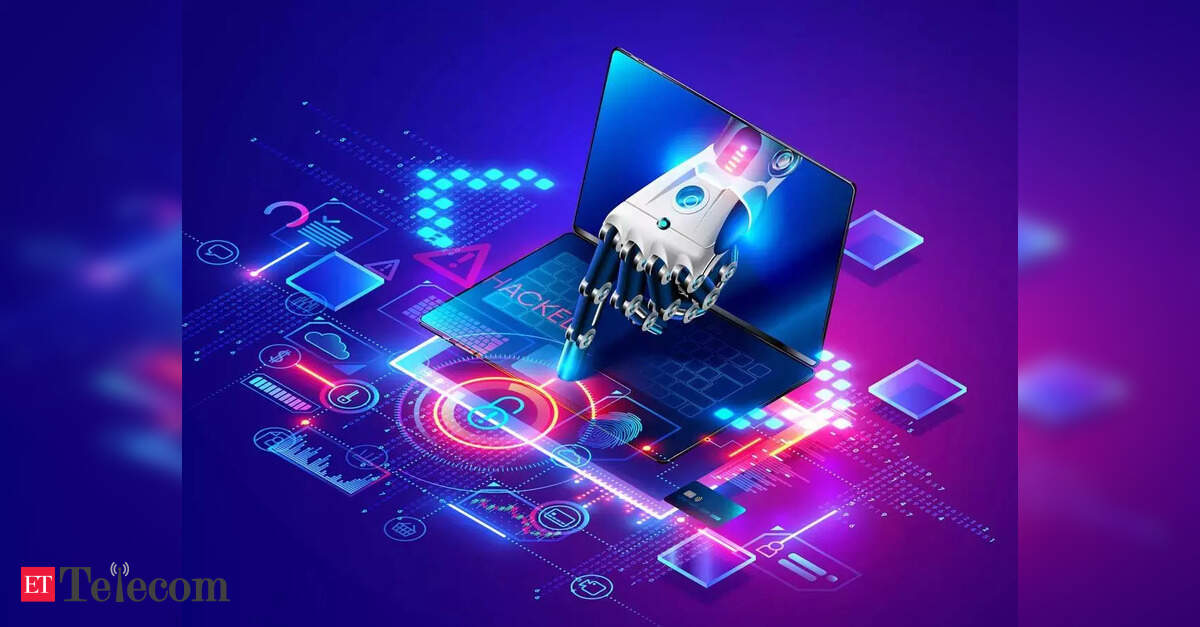CNN Business Call for Input on AI and Job Impact

The rapid advancement of artificial intelligence has sparked considerable debate and concern regarding its potential impact on the global job market. Prominent figures within Silicon Valley, the heartland of technological innovation, have recently issued stark warnings about the impending changes AI could bring to employment. Dario Amodei, CEO of Anthropic, a leading AI research company, projected a significant rise in unemployment, suggesting that AI might lead to as much as a 20% job loss within a relatively short timeframe of one to five years. Echoing this sentiment, Amazon CEO Andy Jassy communicated to his employees that the integration of AI agents is anticipated to result in a reduction in the company's workforce in the foreseeable future.
These pronouncements from high-profile industry leaders have undoubtedly created an atmosphere of stress and uncertainty among human workers worldwide, many of whom are grappling with the implications for their careers. However, the expert community remains divided on the precise speed and severity with which AI will disrupt and reshape the job landscape. While some observers and technologists share the concerns raised by Amodei and Jassy, a contrasting viewpoint suggests that these warnings might, to a certain extent, be exaggerated marketing ploys by executives aiming to promote and sell their burgeoning AI products and services.
In light of this evolving situation and the divergent opinions, there is a clear call for direct input from individuals experiencing these changes firsthand. Questions are being posed to the workforce: Is artificial intelligence already fundamentally altering the way you perform your job? Has it begun to take over specific tasks or responsibilities within your organization? For those who have adopted AI tools or systems in their professional lives, is the technology genuinely enhancing productivity and efficiency? Furthermore, as individuals contemplate the trajectory of their careers, how does the prospect of widespread AI integration make them feel—is it a source of excitement, anxiety, or perhaps a complex blend of both emotions? Collecting these personal experiences and perspectives is crucial for understanding the true, lived impact of AI on employment beyond theoretical discussions.












